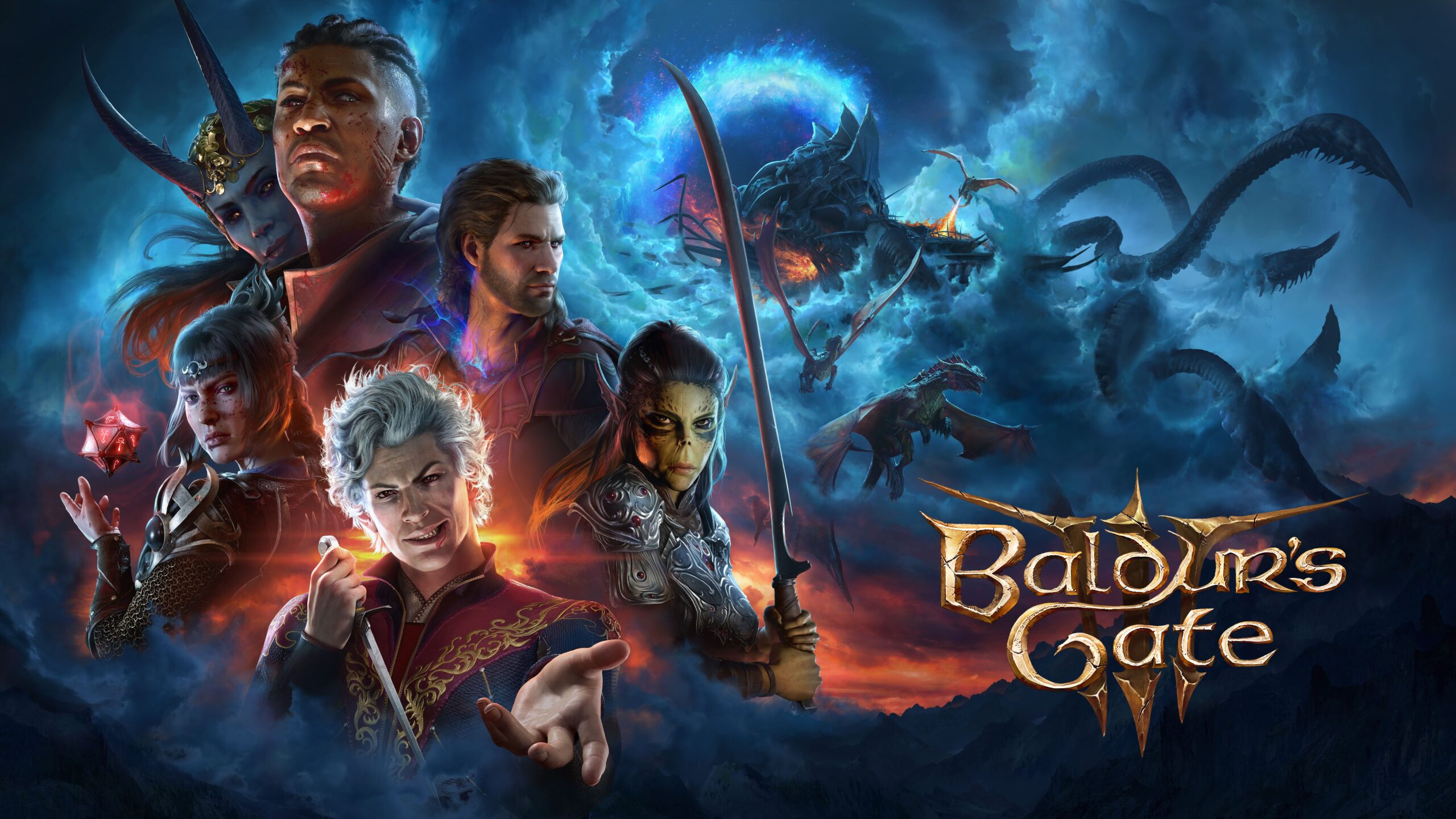
Yakuza: Like a Dragon-We Found Hope in a Loveless Place
Change is weird, hard, and uncomfortable, and the longer things stay the same the weirder, harder, and more uncomfortable that change ends up being. But, change can also be cathartic, and give you something you didn’t know you needed. Ichiban Kasuga was just that for the Yakuza series. After fifteen years of Kazuma Kiyru being the primary protagonist of the Yakuza series, developer Ryu Ga Gotoku Studio decided to give someone else a chance in the spotlight.
We’ve all seen the stereotypical video game box art with a tough brunette man staring at something just off the side. The character is full of anger, probably holding a weapon, and is usually covered in grime just to show you how hard he’s worked to get revenge or whatever his motivation is. He’s a man’s man, aloof and hardened. Ichiban could have easily fit that same stereotype, with his furrowed brows and barbed wire bat, but instead takes the macho man we are all used to and flips it on its head.

In a post The Dark Knight world, we’ve seen so many characters and stories be dark and gritty just for the sake of being dark and gritty. We have learned to revel in the “realness” of these intense angry emotions (I would argue to a fault, but that’s a different article). But Yakuza: Like a Dragon strips away the grittiness that is peppered throughout the Yakuza games that came before it, and allows itself to tell a story that is optimistic, hopeful, and dare I say, fun. A large part of that is due to Ichiban’s refusal to be an edgy guy. It’s not who Ichiban is, and while his story has elements of revenge in the later half, it’s always balanced with his belief in redemption. He doesn’t want to hurt the main antagonist at the end of the game, he wants to save him, because Ichi knows that deep down, he can still be a good person.
Ichiban’s entire story enforces his moral compass in a way that it never did for Kiyru. Too often, Kiyru would get wrapped up in different substories (what Yakuza games call side missions) because he just happened to be at the wrong place at the wrong time. Kiyru hardly seemed like he was ever interested in helping people at the start of these side missions, but Ichi revels in it. From leading a struggling cookie store to become the #1 company in the region, to helping a homeless man build a bookshelf for a neighborhood kid’s birthday, Ichiban sees the best in people, especially people society has written off. Where Kiyru was a hero for the yakuza’s Tojo Clan and those immediately close to him, Ichiban is a hero to the people.

I may seem like I’m coming across as rather harsh on old man Kiyru, but I do love the guy. Yakuza 0 and Kiwami are both incredible games because of Kiyru. He’s stoic, quiet, and strong in a fun and interesting way. He’s also a product of his time. Originally appearing on the same console as Kratos, Kiyru carries a lot of the same personality traits of mid 2000s protagonists in that they are fairly surface level.
We see the series doing a complete 180 with Ichiban, making a man who carries every emotion on his sleeve the main character instead of continuing with Kiyru or making another guy who mostly grunts. This changes Yakuza’s tone, and challenges the notion of what a strong man should be. The fact that Ichiban never shies away from admitting his friend’s make him stronger and a better person, along with the introduction of Poundmates (the game’s summon system, in which NPCs you meet help you in battle) makes Ichiban an inherently more vulnerable character. Ichiban in a lot of ways is what Kiyru never has been, and that’s a relief.
When Ryu Ga Gotoku created a new protagonist for the Yakuza series, they could have made a rough, gruff character and called it a day–truth be told, it would have been the easier thing to do. But instead, Like a Dragon soars because of Ichiban’s emotions, vulnerabilities, and love. He stands out amongst a crowd of protagonists that are just a few character traits removed from each other. In 2020 especially, Ichiban was a breath of fresh air and worthy of being Yakuza’s new hero.





